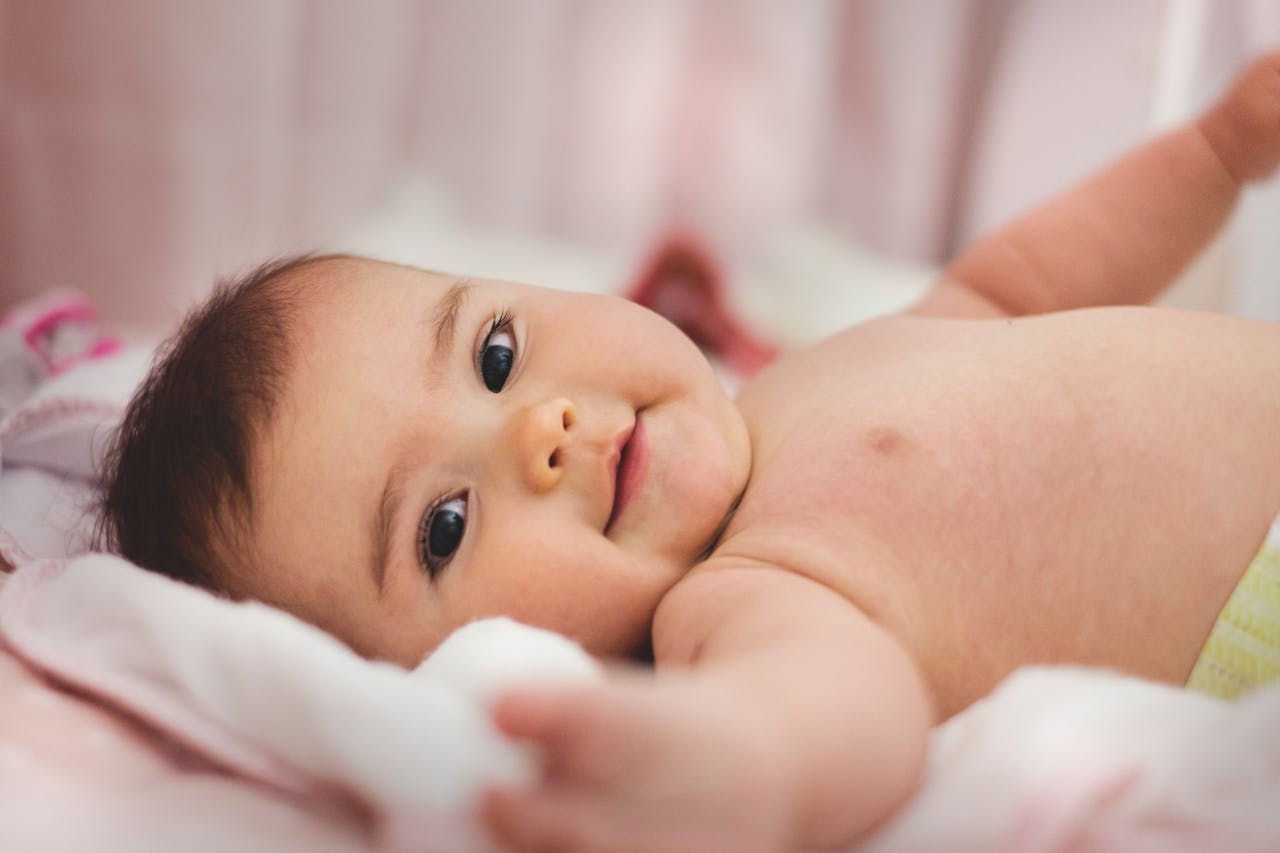Introduction
People consider the study of philosophy and sciences to oppose one another. Philosophy allows for free speculation, while science restricts to facts.
This unique relationship and interdependency of both fields is the accumulation of human history.
In recent events, a study was conducted at the University of Birmingham to determine the age when babies develop consciousness.
It was Rene Descartes who first pondered over human consciousness. When Descartes- was contested by his critics over the consciousness of babies, he suggested that babies have a consciousness that is simpler than adults.
Sigmund Freud in the early 20th century, gave the first scientific impression to the question of consciousness. He developed the field of psychoanalysis.
Freud’s daughter Anna developed child psychology: understanding how children’s emotional conflict influences their development.
Research and Marked Points
The research at Birmingham University has been finally able to understand when an infant develops consciousness.
The study, conducted by Dr. Henry Taylor, assistant professor of philosophy, and Andrew Bremner, assistant professor of Developmental psychology. The study was sent as a letter to the editor and published in Trends in Cognitive Sciences.
Also Read: 8 Things People Who Hate Babies Can Relate To
When Do Babies Develop Consciousness

The study suggests a new approach, identifying marks of consciousness in adults and, in comparison with infants. The study revolves around infants’ inability to communicate their emotions and can be jerks to deal with.
“It is really hard to establish when babies become conscious. This is mostly because infants can’t report their experiences and, as most parents will know, can be rather uncooperative particularly when it comes to experimental tasks. As we can’t just ask babies when they become conscious, the best approach is to try to identify a broad range of markers of consciousness, which appear in early development and late development, and then group them together, this could help us identify when consciousness emerges.”
Professor Bermer
Studies suggest that consciousness emerges between pregnancy’s third trimester – 1 year of age. Human consciousness, thus evolves.
Problem with Diagnosing Marked Points
Dr. Henry Taylor “One of the complicated issues is that it does not look like all the markers point to the same age for the emergence of consciousness. The ones mentioned by Bayne and colleagues suggest somewhere between the third trimester of pregnancy and early infancy, but other markers suggest the age might be around one year old. In fact, at the really extreme end, some markers only emerge at around 3-4 years. Because there are so many different markers of consciousness which appear in early and late development it is extremely hard to come to a conclusion.”
Dr. Bremer believes that by clustering all the marked points, we may be able to diagnose the perennial point when babies develop consciousness.
“One of the complicated issues is that it does not look like all the markers point to the same age for the emergence of consciousness. The ones mentioned by Bayne and colleagues suggest somewhere between the third trimester of pregnancy and early infancy, but other markers suggest the age might be around one year old”
Dr. Bremer
Conclusion
Professor Bremer further states that many modules are needed to understand the development of an infant’s consciousness, “We propose that a broad approach to markers, including those that emerge in early and late stage, is needed. We also recommend that a range of developmental models of the onset of consciousness should be considered. For instance, it may be that some markers emerge in one cluster in early development, with others in a later cluster. As well as this there may be a continuous and gradual emergence of certain markers stretching over gestation and throughout early life.”
To conclude, the answers achieved by this research will be a step forward, but the answer itself may be mind-boggling.












